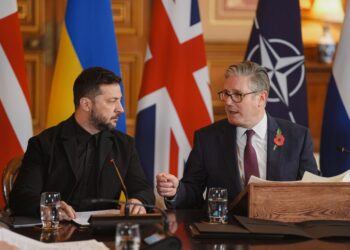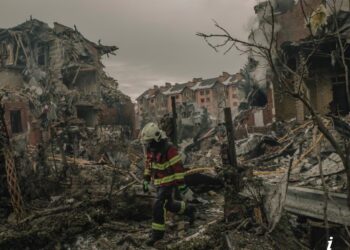According to a report produced by the Eastern Partnership Civil Society Forum and released last week, Vladimir Putin’s war on Ukraine is dividing Europe’s eastern neighborhood — with some countries moving closer to the European Union but others, “including Georgia,” “gladly” following Russia’s path to authoritarianism, reads an article titled “Georgia follows Putin’s lead” published by POLITICO.
The report by the Eastern Partnership Civil Society Forum noted that Russia’s invasion of Ukraine boosted relations between some eastern states and the EU on energy, trade and transport. But while public administration increased in Ukraine and Moldova, things are trending downward in “politically polarized Georgia,” POLITICO says.
“Dictatorships or autocratic regimes, they learn from each other. And I think there is definitely a learning curve that we see in some of the countries. We also saw it in Georgia,” Alexandra Sabou of the Forum told POLITICO.
Georgia attempted to install a Putin-style foreign agent law in March 2023, which led to major domestic protests. The law was “kind of a copy-paste from Russia, with some … local elements — but the similarity was obvious,” Sabou said.
Georgia also experienced a plunge in democracy, good governance and policy convergence — which mirrors the country’s political polarization, the Eastern Partnership Index 2023 found. “Basically, in every area, there was a decrease, in spite of the fact that the EU rewarded it with candidate status,” Sabou said.
The Eastern Partnership Index notes that Ukraine, Moldova and Georgia all applied for EU membership after Russia’s full-scale invasion of Ukraine in February 2022, but claims that now, the trio has become “a less distinct entity, and the lines between EU neighborhood policy and EU enlargement policy have blurred.”
According to the report, while Georgia slowly drifts away, Ukraine and Moldova “are steadily making the kinds of systemic changes that Brussels expects them to do to proceed along the accession path,” reads the article.














